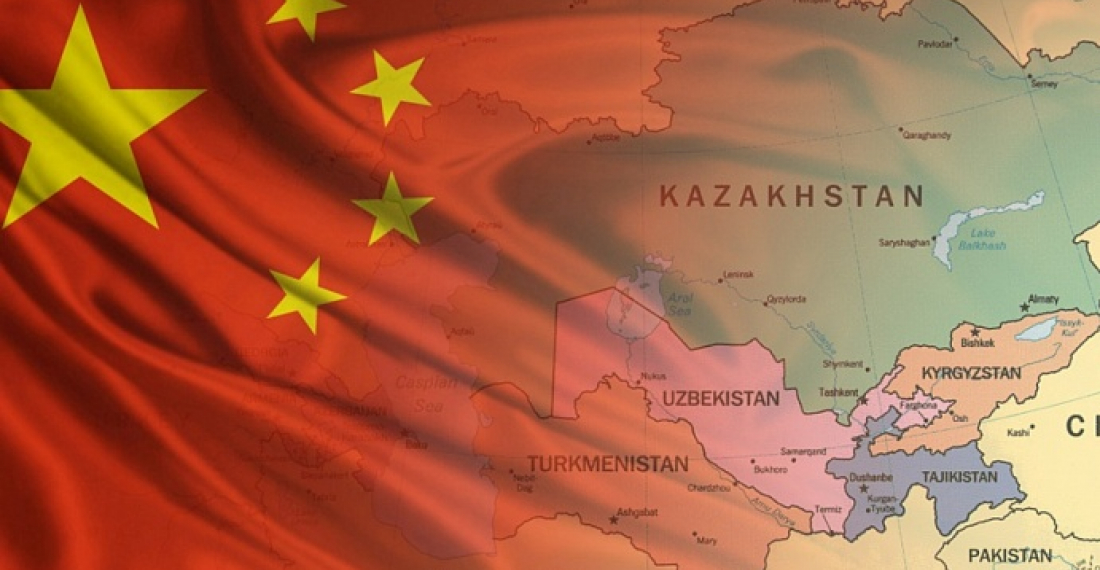China is rushing to build or increase security ties in Central Asia in the face of a Taliban advance following the withdrawal of US troops from Afghanistan next month.
The Chinese foreign minister, Wang Yi, intends to visit Tajikistan, Turkmenistan and Uzbekistan to discuss the consequences of the US troop pullout from Afghanistan and agree on ways to prevent chaos from spilling over into Central Asia, and from there, to China itself.
The central intrigue is a Shanghai Cooperation Organization (SCO) meeting, which will, apart from Russia and China, also involve Pakistan, Beijing’s main regional ally. Since Islamabad is a sponsor of the Taliban (outlawed in Russia), experts wonder if Chinese diplomats will be able to take advantage of Pakistan’s assistance to make sure that the Taliban won’t obstruct efforts to create a new Silk Road, the Russian newspaper Nezavisimaya Gazeta wrote on Tuesday (13 July).
The same newspaper quotes Yan Zheng, a researcher at the Chinese Academy of Social Sciences, as saying that Beijing’s policy is aimed at supporting Afghanistan instead of interfering in its domestic affairs. That allows China to act as a mediator and security guarantor for the entire region, and Beijing needs a stable Afghanistan to ensure its Road and Belt initiative, which includes the construction of roads, bridges and factories along the economic corridor leading from Xinjiang to the Indian Ocean via Pakistan. This is why Beijing maintains talks with the Taliban with the secret help of Pakistan. A thing to note is that, according to Indian sources, the Chinese are even paying the Taliban, according to the source.
Vasily Kashin, a leading researcher at the Russian Academy of Sciences’ Institute for Far Eastern Studies, pointed out that "Turkmenistan is a major gas exporter for China, and China, in turn, has become the most important arms provider for Turkmenistan." "And now that Taliban units have reached Central Asia, security issues are taking central stage in bilateral relations. The same goes for Uzbekistan and Tajikistan," the expert added.
As for the Xinjiang region, China engaged in dialogue with the Taliban with Pakistan’s assistance more than 20 years ago. "However, the Taliban is not a strictly integrated organization. If you make an agreement with one of its players, it doesn’t mean that the entire Taliban will abide by it. This is why China is reluctant to put all its eggs in one basket. Beijing has been and will continue providing assistance to Kabul as well. If the government falls, China will activate multilateral mechanisms, such as the SCO," the expert explained.







